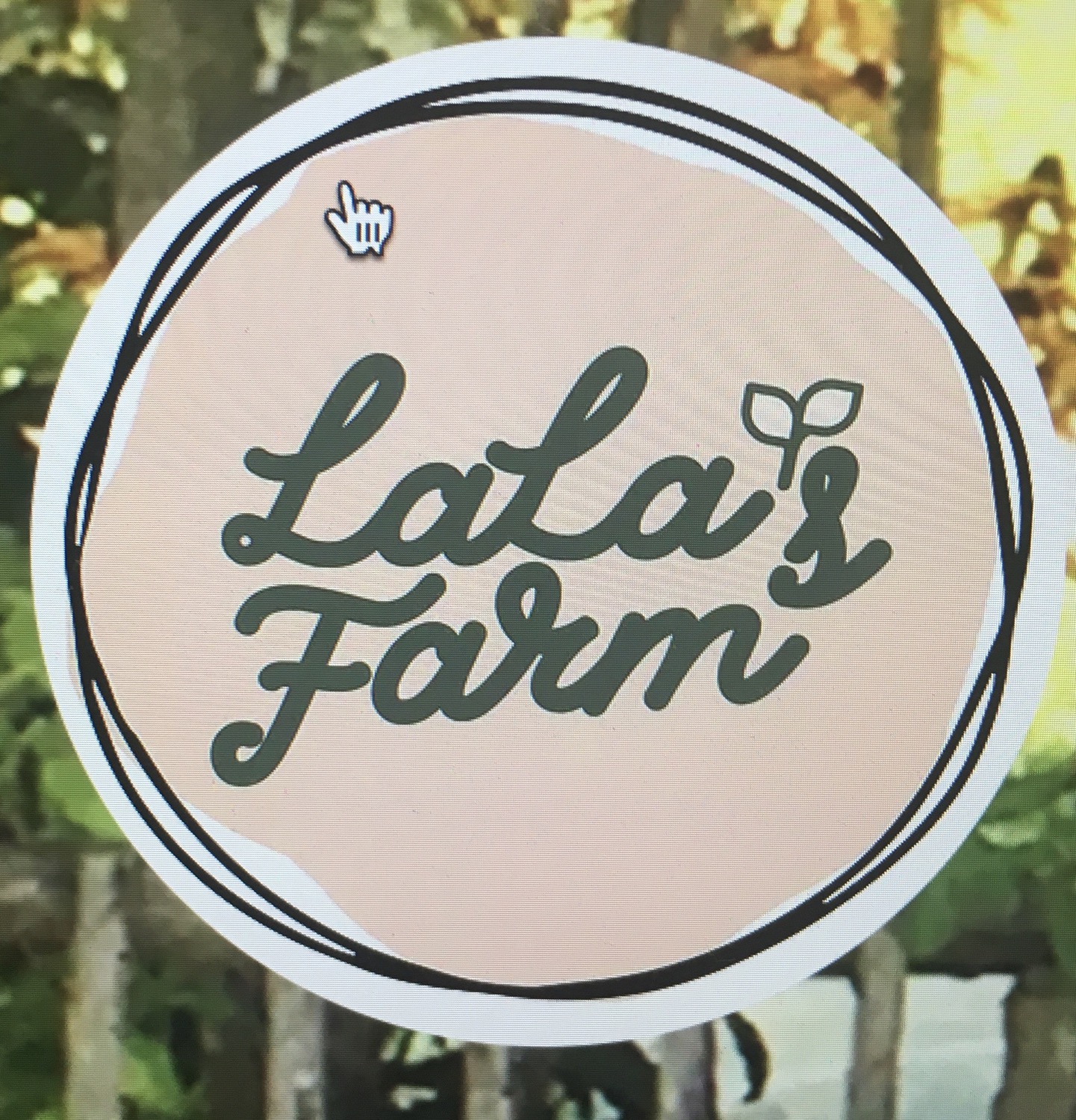Chicken Molting: Nutritional Considerations, Potential Discomfort, and Insights into the Molt Season
- LaLa

- Nov 3, 2023
- 3 min read
Updated: Feb 7

Feathers, feathers, everywhere! It's the molting season. My chickens are molting quite a bit this season. When will it stop, many ask? Hopefully, our flock of chickens is nearing the end of their molt, and new feathers are beginning to poke through.., OUCH!
Chicken molting is a natural process characterized by the shedding and regrowth of feathers, a crucial phase in the life cycle of poultry. This transformative period, known as the molting season, demands special attention to the nutritional needs of chickens. Let us explore what chickens require regarding diet during molting, discuss the potential discomfort they may experience, and provide insights into the molting season.
Nutritional Requirements during Molting:
During molting, chickens undergo physiological changes that necessitate adequate nutrition. Feathers primarily comprise proteins, so an increased protein intake is essential for regrowth. Increasing the level of dietary protein, primarily by incorporating rich protein sources such as soybean meal or fishmeal into their diet, can help support the molting process.
In addition to proteins, chickens require sufficient vitamin and mineral intake for healthy feather growth. Essential vitamins, such as vitamin A, are crucial for feather formation, while minerals like calcium and phosphorus help strengthen the feathers. Feeding chickens a balanced diet that includes a variety of fruits, vegetables, and quality commercial feeds rich in essential nutrients will help ensure their nutritional needs are met during the molting season.
Treats such as mealworms, which are high in protein, make them an excellent pleasure to help chickens meet their increased protein requirements during molting. They are also rich in amino acids, vitamins, and minerals that support feather development and overall well-being.
And Drained Canned Mackeral Fish!
Mackerel is a fish high in protein and healthy fats, making it a nutritious snack for chickens. The protein in mackerel can support feather regrowth during molting, while the healthy fats provide energy and promote overall wellness.
Potential Discomfort during the Molt Season:
Molting can be a demanding physiological process for chickens, often making them vulnerable and uncomfortable. As feathers fall out and new ones grow, chickens may experience skin sensitivity, itchiness, and occasional discomfort. The severity of these discomforts may vary depending on factors such as breed, age, and environmental conditions.
To alleviate potential discomfort, providing a stress-free environment is crucial. Reducing environmental stressors, such as excessive noise or disturbances, and maintaining optimum temperature and humidity levels can contribute to the overall well-being of the molting chickens. Additionally, providing adequate space for chickens to move freely and arranging suitable perches can help minimize potential discomfort during this period.
Environmental stressors like noise, overcrowding, and sudden temperature changes are crucial to avoid during molt, as stress can impact feather regrowth and overall health.
Insights into the Molt Season:
The molting season typically occurs in late summer or early fall when daylight hours decrease, triggering the release of hormones that initiate molt. This natural process allows chickens to shed and grow new feathers, ensuring their plumage remains in optimal condition.
While molt is a natural occurrence, it can impact egg production in laying hens. As chickens redirect energy towards feather regrowth, egg-laying may temporarily cease or decrease during this time. Poultry farmers need to understand and manage expectations regarding egg production during the molting season.
Conclusion:
The molting season is a critical phase in a chicken's life cycle, as it enables the regeneration of feathers necessary for their well-being. Ensuring chickens receive adequate nutrition, primarily through a protein-rich diet supplemented with essential vitamins and minerals, is crucial for a successful molt. By understanding the potential discomfort chickens may experience and providing a conducive environment, we can help them navigate this transformative period with minimal stress. The molting season offers valuable insights into the natural rhythms of poultry and provides an opportunity for chicken farmers to optimize health and productivity within their flocks.
Visit Lala's Store and shop for a protein-rich selection of mealworms.
While there, please look at creating a Chicken Care Package complete with organic salves, antimicrobial products, and vitamins and probiotics for better health. www.lalasfarm.com






